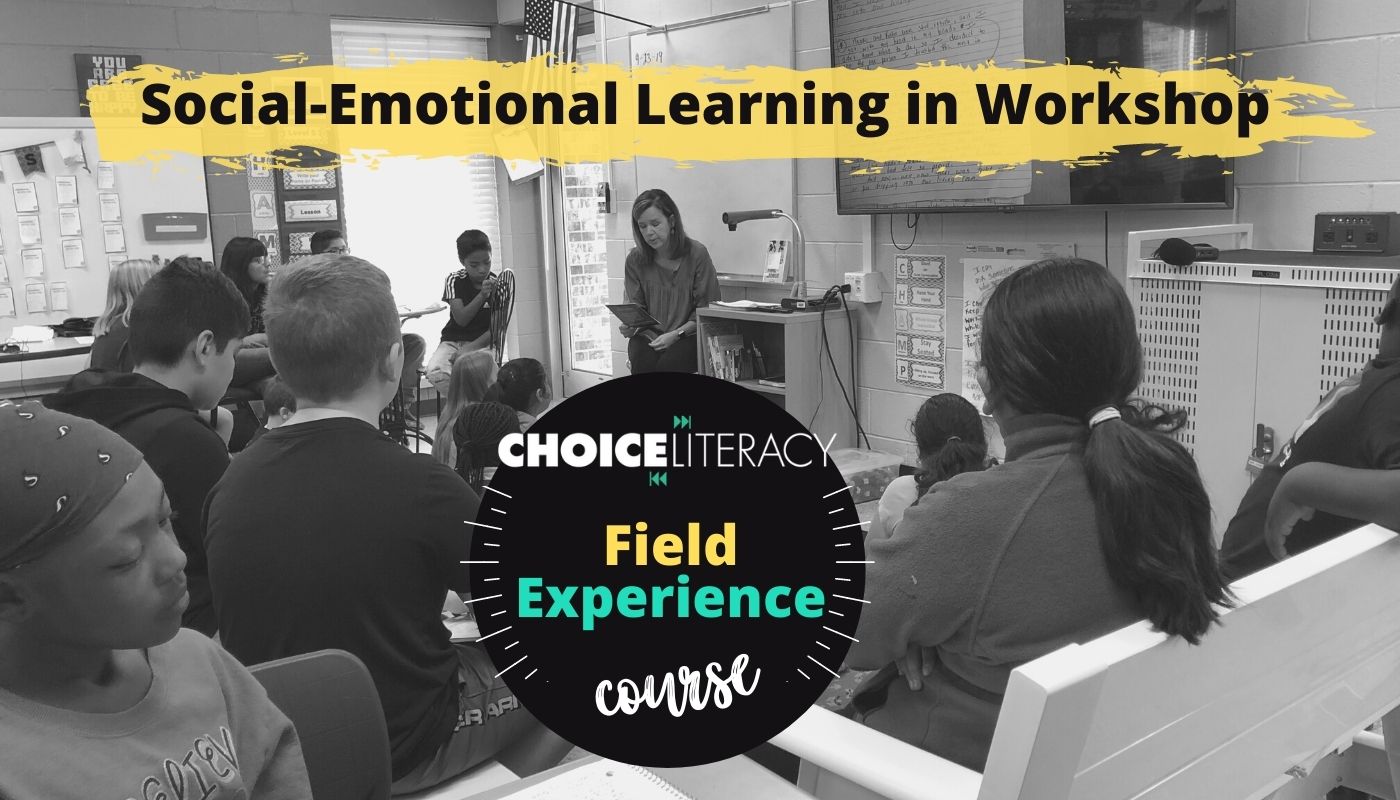Look deep into nature, and then you will understand everything better.
—Albert Einstein
First Persistence, Then Joy
Entering the recess doors we discovered a mallard duck wedged into the far back corner to the right, facing outward on a raised bed of mulch.
This mallard duck was there the next day and stayed for 28 more days. We lined the mulched garden with a plastic snow fence to protect her. Each day she sat. Each day she was admired with affection. Each day we asked questions about ducks, which led to an inquiry project in my classroom.
Our principal named her Mrs. Meadow after our school.
Near the end of May, we had ducklings. Our inquiry told us once the ducklings hatched, they would be there for 24 hours and then leave to find water.
Mrs. Meadow left one Thursday afternoon, only to be back on the next Friday morning in a torrential downpour. This didn’t seem right, and her behavior was different.
My principal discovered there were ducklings in the eaves trough system next to her. They had fallen down a two-inch gap!
Our maintenance crew came out to help and were told we couldn’t cut the piping and left. A few staff members mingled after school, trying to find a solution. We could hear tiny duckling quacking at a fast pace, asking for help.
We tried to call rescue organizations in the area to help. We went home feeling defeated. I drove back to school after I learned the fire department was coming. The firemen were trying to get the ducks out without cutting the pipe. It wasn’t working.
My principal persevered and got permission to have the pipe cut. We watched a member of the fire department reach down into the pipe opening and pull out one baby duckling. Joy spread around our small gathering. He rescued seven more baby ducklings. We were able to reunite Mrs. Meadow with her ducklings.
It was a magical evening. We felt overjoyed and hopeful.
Teaching feels this way also. We have surprises that turn into puzzles. A unit idea takes more time to develop and implement than we thought it would. A student has a misconception we didn’t anticipate. A concept we thought would be simple to understand takes more time. We have moments of feeling deflated. We need to be persistent, and when we are, there will be joyful moments. Joyful moments turn into celebrations that energize us to keep going.
This week we look at the way persistence and progression empower students to overcome challenges and have joy in their learning, plus more—as always!
Shine on,
Mandy Robek
Contributor

We are happy to announce NEW live virtual events. Join our contributors in a live virtual series to nourish your professional learning all school year and have access to the recordings (and additional resources) until June 30, 2023.
These live virtual events make me giddy! For one week you can view the first session of Engaging Adolescent Readers and Writers for free! View Creating Welcoming Spaces and Routines to Inspire Readers and Writers with Christy Rush-Levine and access the additional resources.
Engaging Adolescent Readers and Writers is for secondary language arts teachers. View the first session for free!
Multiply Your Positive Influence is for literacy leaders.
Bridging Literacy Practices is for anyone who wants to reflect on how to bridge literacy instruction and Science of Reading information.
Stephanie Affinito explains how to use student checklists in literacy intervention. This article was first published in 2017.
Compassion and understanding are as important to workshop instruction as strategies and routines. Understanding the social-emotional needs of students (and ourselves) allows for safe learning environments. Social-Emotional Learning in Workshop field experience gives consideration to the social-emotional needs of students in all grade levels.

New members-only content is added each week to the Choice Literacy website. If you’re not yet a member, click here to explore membership options.
Dana Murphy shares ways to make reading intervention a high-interest time for students.
Tammy Mulligan guides teachers in a progression to help students identify tricky words, move deeper into word analysis, and develop inferential thinking.
Download a helpful progression chart from Tammy Mulligan to guide teachers in helping all students understand that readers encounter problems and can solve tricky words.
Choice Numeracy. Jodie Bailey shares a powerful practice of math debates for students to explore a problem with discussion and evidence to discover the correct solution.
In the next installment of our Stay Sharp series, Bitsy Parks shares the importance of reading professionally to stay sharp.

New members-only content is added each week to the Choice Literacy website. If you’re not yet a member, click here to explore membership options.
Ruth Metcalfe shares four ways to develop shared efficacy and leadership.
In this Coaching Minute, David Pittman encourages the importance of instructional coaches taking the time to plan.
Tim Elmore offers ways to assess our abilities to connect to different generations. He includes an online assessment to help us learn how we adapt to leading multiple generations.
Quote It:
You may encounter many defeats, but you must not be defeated.
—Maya Angelou
That’s all for this week!




